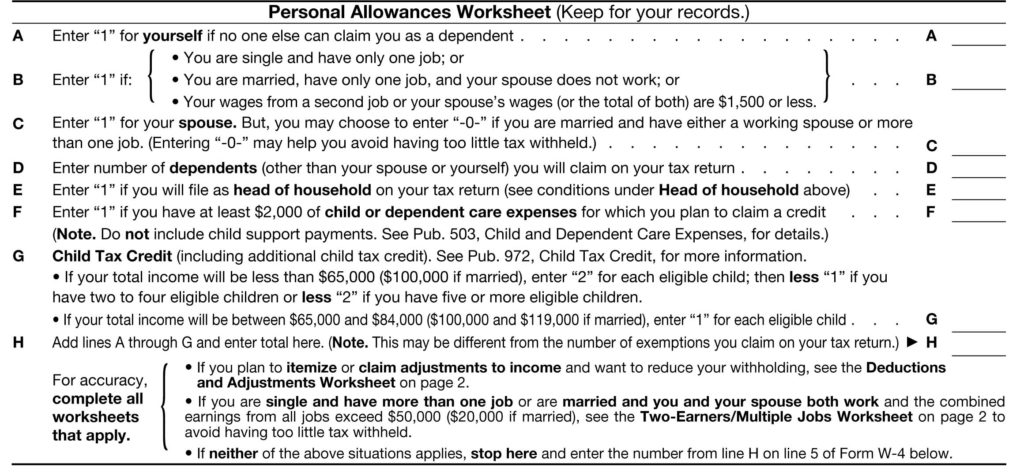Tapping into your 401(k) as if it were a rainy day fund should always be a last resort. Many individuals are not aware of the negative tax implications of an early withdrawal from a retirement account. Before we go more in-depth, here are the key take-aways:
- Borrowing or taking early withdrawals from your 401(k) can result in large tax burdens in addition to tax penalties
- While exceptions exist, the most common withdrawals (education or buying a home) are still subject to tax penalties
- If you borrow from a 401(k), loan funds will not grow in value and will automatically be converted to a withdrawal if you leave your employer, voluntarily or involuntary, while the loan is still outstanding.
401(k) Penalties
The penalties for early withdrawals from your 401(k) are assessed at a flat 10% rate on the total distribution. So, if you take a $50,000 distribution from your 401(k) before reaching 59 ½ years of age, you will owe a penalty of $5,000 before even paying any federal income tax on this amount. Remember, most 401(k) contributions are pre-tax deferrals, meaning you receive a deduction in the year you contribute, but you eventually pay tax on the withdrawals and earnings when you retire – hopefully in a lower tax bracket.
Exceptions to the Rules
There are exceptions to the 10% early withdrawal penalty mentioned above, but they are typically rare situations. Distributions made because of total and permanent disability and distributions made to cover medical expense that are deductible and exceed 10% of your adjusted gross income whether or not you itemize your deductions for the year. All exceptions can be found here.
401(k) Loans
Many employers and plan administrators offer the opportunity to borrow funds from your 401(k). Loans from your 401(k) can have some upside, such as low interest rates and not showing on your credit report, but there are also some downsides. Borrowed funds do not participate in the market or growth of your retirement account.
Quite possibly the biggest risk with loans is the immediate payback clause if you are laid off, quit, or are terminated as an employee. If you do not payback the full amount of the outstanding loan, the outstanding balance will be considered a distribution and no further repayment would be required. Not only does this subject you to the 10% early withdrawal penalty, but the withdrawal will be fully taxable at your marginal rate. Since this would be considered income, it can catapult you into a higher tax bracket, resulting in higher taxes on all your income.
Here’s a brief example of how this might look. Let’s say you are a married taxpayer with W-2 income of $150k. Based on 2017 estimated tax brackets, you would be in the 25% tax bracket. If you had a $50k loan from your 401(k) and were unexpectedly laid off, you would have to pay that loan back immediately. If you couldn’t afford to pay this loan back immediately, that $50k would become taxable in 2017, pushing you into the 28% bracket. The tax on that $50k distribution is now $14k PLUS the early withdrawal penalty of $5k, costing you a total of $19k. To summarize, a $50k early withdrawal would only leave you with $31,000!


